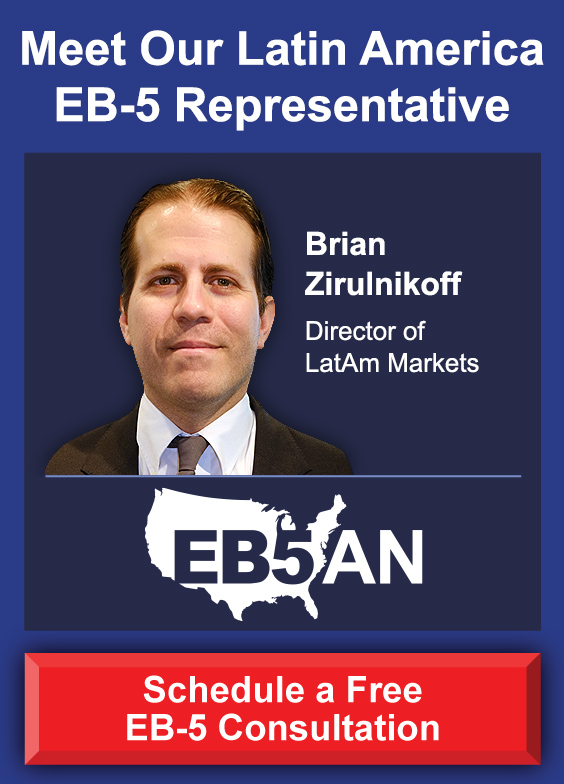The primary responsibility of a business owner seeking EB-5 investment capital is to ensure compliance with Securities and Exchange Commission (SEC) regulations. To this end, business owners should retain experienced securities counsel. Other than that, a business that markets itself to EB-5 investors must comply with United States Citizenship and Immigration Services (USCIS) regulations. If an EB-5 business does not follow all applicable USCIS guidelines, their EB-5 investors will be unable to obtain permanent resident status.
EB-5 projects engage in private securities offerings and are thus responsible for complying with SEC guidelines, including the requirement for migration agents and “finders” to possess broker-dealer registration. All unregistered broker-dealer activity is illegal; unregistered finders are not allowed to receive compensation for their services. If the SCE determines that an EB-5 project or regional center has engaged in illegal broker-dealer activities when raising EB-5 capital, the legal consequences could be disastrous for the project.
Due to these rules, EB-5 business owners cannot use unregistered finders to solicit or sell securities. Moreover, paying such finders for their services constitutes illegal broker-dealer activity.
However, SEC regulations only apply to activities carried out in the United States. Since EB-5 business owners often hire foreign migration agents who are active abroad, these agents may not have to comply with SEC rules. Of course, each country will have its own regulations governing securities offerings, so EB-5 project developers must be familiar with any applicable foreign laws. China, for instance, requires migration agents to possess an Exit and Entry Service Agent Business Permit.
Even if a foreign migration agent primarily operates abroad, they may be subject to examination by the SEC if some of their activities take place in the United States.
The information provided by a migration agent can be attributed to the project developer. Therefore, migration agents should receive specific instructions on what information they should disclose and where they are allowed to operate.











